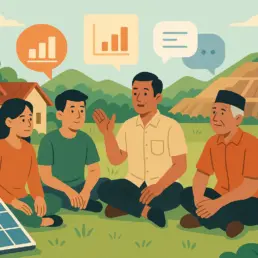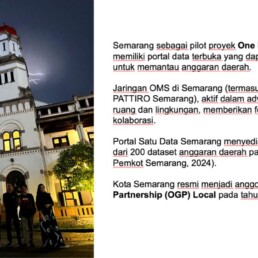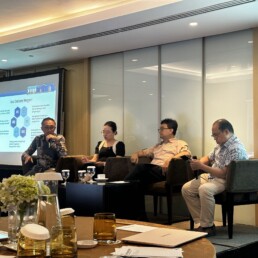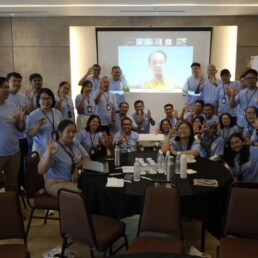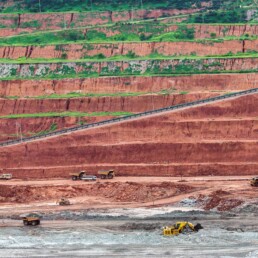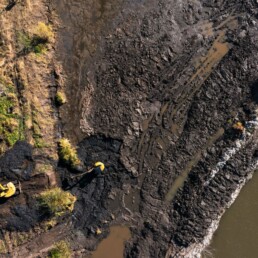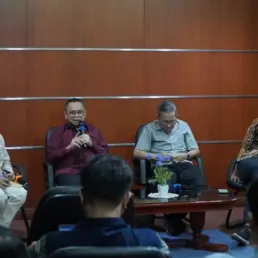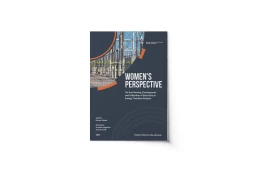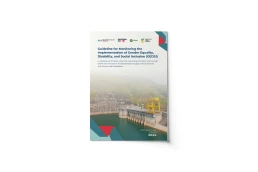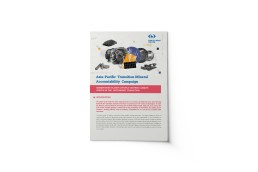Publish What You Pay Indonesia
The realization of a just and sovereign welfare of the people through the management of extractive resources and other natural resources in Indonesia in a transparent, accountable, participatory, and sustainable manner.
Publish What You Pay (PWYP) Indonesia is a civil society coalition for transparency and accountability of extractive resource revenues and governance of oil, gas, minerals and other natural resources. PWYP Indonesia was established in 2007, and registered as Indonesian legal entity in 2012 as Yayasan Transparasi Sumber Daya Ekstraktif with registered foundation number AHU-002650.10.2014. PWYP Indonesia focuses on advancing transparency and accountability of extractive resource governance in Indonesia, as well as in the global level, advocating public interest from civil society point of view, and strengthening civil society’s capacity to play significant role and active engagement in extractive resource governance reform for justice and sustainable development.
PWYP Indonesia affiliated with Publish What You Pay global campaign which was established in 2002 for its purpose on calling extractive company to publish their payment to the government. The coalition encourage on pushing a global transparency initiative in extractive industries called Extractive Industries Transparency Initiative (EITI) in various countries where natural resources are abundant. After a decade, the coalition extend the scope and coverage of its advocacy along the value chain of extractive resources. Publish What You Pay current global offices in London, United Kingdom.
Vision
Implementation of good governance in extractive resources in Indonesia that is transparent, accountable, and in favor of the national interest as a capital for welfare and social justice.
Missions
- Increasing community involvement in the protection, utilization, and supervision of extractive resources and other natural resources;
- Encouraging policy reforms for the management of extractive resources and other natural resources;
- Increase the capacity of civil society groups at the local and national levels in encouraging the management of extractive resources and other natural resources;
- Developing national, local, and global advocacy and campaigns to encourage the governance of extractive resources and other natural resources;
- Achieving a strong, credible, independent, and sustainable civil society coalition governance.
Our Latest Program
Our Latest Activities
Our Latest Publication
EU Regulations on Critical Raw Materials (CRMs)
11 April 2025
UN Panel on Critical Energy Transition Minerals
11 April 2025
EU New Battery Regulations
11 April 2025
PWYP Global Assembly 2025
24 February 2025
Welcome to the PWYP Global Assembly 2025
11 February 2025
Prabowo-Gibran’s Vision and Missions For 2024-2029
22 October 2024


